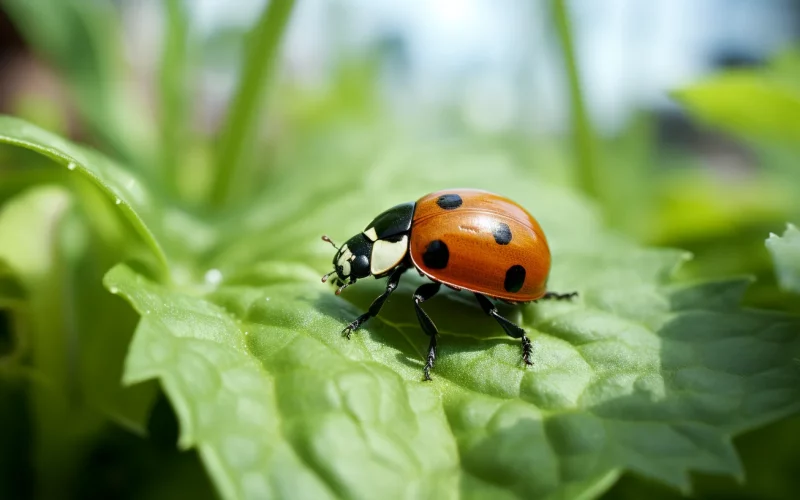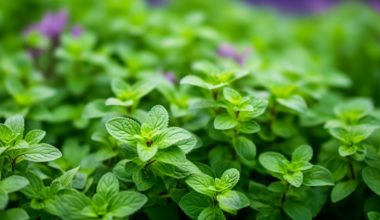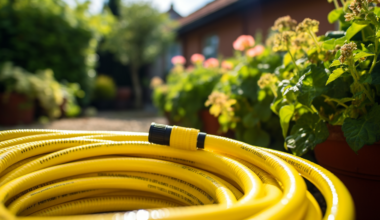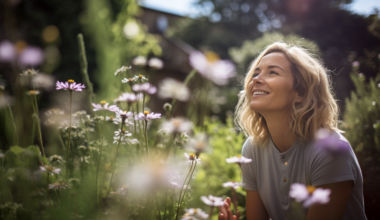Gardening can be a rewarding hobby, but dealing with pests can often be a frustrating challenge. Thankfully, there are natural methods available for those interested in organic pest control. These practices can keep your plants healthy without the use of synthetic chemicals. This article delves into various strategies for implementing organic pest control in your garden.
1. Introduction to Organic Pest Control
Organic pest control refers to the use of natural methods to prevent and manage pests in the garden. Unlike conventional pesticides, organic pest control relies on substances found in nature and manual practices. It’s not only safer for the environment but also beneficial for preserving the natural ecosystem of your garden.
2. Encouraging Beneficial Insects
One effective way of organic pest control is to attract beneficial insects that prey on common pests. Ladybugs, predatory mites, and lacewings can help control aphids and other harmful insects. Planting flowers like marigolds or herbs like dill can draw these helpful bugs to your garden.
3. Companion Planting
Companion planting is a well-known strategy in organic pest control. By planting certain plants near one another, you can repel pests or even lure them away from more valuable crops. For example, planting garlic near roses can help keep aphids at bay.
4. Hand Picking and Traps
Sometimes, the most effective method of organic pest control is manual removal. Handpicking pests like slugs or caterpillars can be an efficient way to control their numbers. Additionally, traps using natural baits can be set up to catch larger pests.
5. Utilizing Biological Controls
Biological control involves using living organisms to control pests. Nematodes can be used against various soil pests, and certain bacteria, like Bacillus thuringiensis, can be applied against caterpillars. Always ensure that the organisms used are specific to the pests you’re targeting.
6. Making Homemade Sprays
Several homemade sprays can be effective for organic pest control. A mix of water, soap, and chili or garlic can deter many common pests. Always test a small area first to make sure the plants tolerate the solution.
7. Practicing Good Garden Hygiene
Keeping the garden clean and well-tended is vital in organic pest control. Regularly remove dead or diseased plants and keep the area free from debris where pests might hide. Rotating crops and maintaining proper spacing can also minimize pest issues.
8. Conclusion: Embracing Organic Pest Control in Your Garden
Organic pest control offers a harmonious approach to gardening, aligning with nature rather than against it. By understanding the ecology of your garden and employing natural methods, you can create a balanced and healthy environment.
Remember, patience and observation are key in organic pest control. It may require more time and attention, but the rewards are worth the effort.
You’ll enjoy a garden that thrives in its natural state, providing nourishment and beauty without the need for harmful chemicals.
Embrace organic pest control in your gardening practices, and you’ll contribute to a healthier ecosystem and a more sustainable world. The methods mentioned here can be tailored to suit various plants and climates, offering versatile solutions for gardeners everywhere.






